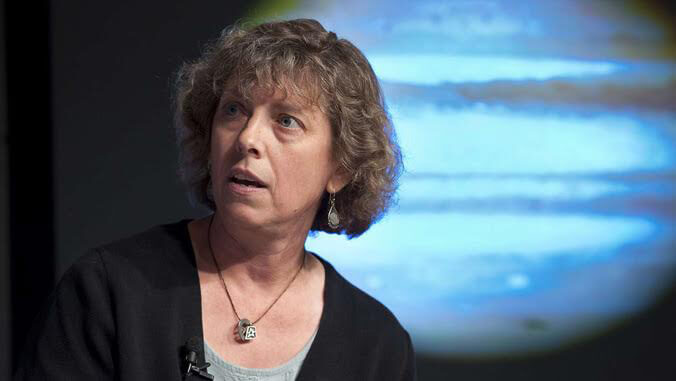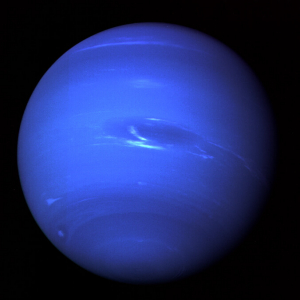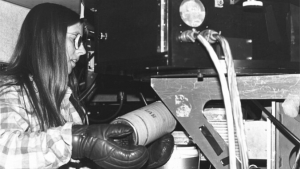
University of Hawaiʻi at Mānoa Institute for Astronomy (IfA) alumna Heidi B. Hammel earned a spot into the prestigious ARCS (Achievement Rewards for College Scientists) Foundation Alumni Hall of Fame. The award-winning planetary scientist joins the company of 14 inductees selected for making outstanding contributions to the advancement of science in innovation, discovery, economic impact, the development of future scientists, and enhancement of U.S. scientific superiority.
Hammel is the Vice President for Science for the Association of Universities for Research in Astronomy, which operates world-class astronomical observatories, including the Hubble Space Telescope, James Webb Space Telescope for NASA, the National Science Foundation’s NOIRLab and National Solar Observatory.

“It is an incredible honor to be recognized by ARCS, as part of this group of people who have all made significant contributions to the world… I think it’s important for us to recognize scholarship in whatever form it takes. I’m really excited and thankful for this honor,” said Hammel.
A go-to expert on Neptune and Uranus, Hammel led the team that monitored the Comet Shoemaker-Levy 9’s collision with Jupiter in 1994, which caused an impact site that was larger than Earth. She saw the potential for similar planetary destruction as a danger to Earth, and her team began researching every aspect of the incident.
ARCS alumna

ARCS first connected with Hammel in 1985 when she received the foundation’s scholar award while attending IfA to complete her PhD in astronomy.
“When I was a young student in physics, women were very much a minority, and I often felt inadequate,” said Hammel. “The recognition provided by ARCS Foundation was a wonderful boost—it gave me confidence that I belonged in science and encouraged me to persevere.”
Today, she is recognized for making significant contributions to astronomy that has enhanced our understanding of planetary science and the frontier of space. Hammel serves as a senior research scientist for the Space Science Institute and is vice president of The Planetary Society, which advocates for advancing space science and planetary defense.
“Heidi is an inspiration on so many levels. Our graduate careers at IfA overlapped by a couple of years, and it was a thrill to see her on national TV explaining the collision of Comet Shoemaker-Levy 9 with Jupiter so soon after she graduated,” said Doug Simons, executive director at IfA. “She is a gifted public speaker, world-class scientist, champion for women in STEM fields, and model for younger generations. This award from ARCS is richly deserved by Heidi and given her many talents, I’m certain more awards are on her horizon, as we acknowledge and celebrate her amazing career.”
Hammel earned a PhD from IfA in 1988. During graduate school, she conducted research on the UH 88-inch telescope atop Maunakea. In 1996, the American Astronomical Society awarded Hammel the Urey Prize for her outstanding achievement in planetary science, and the Sagan Medal in 2002 for effective communication by an active planetary scientist to the general public.
ARCS Honolulu Chapter’s 2023 scholars will present their research in a free, open public session on April 15 from 9 a.m.–1 p.m. at UH Mānoa.

